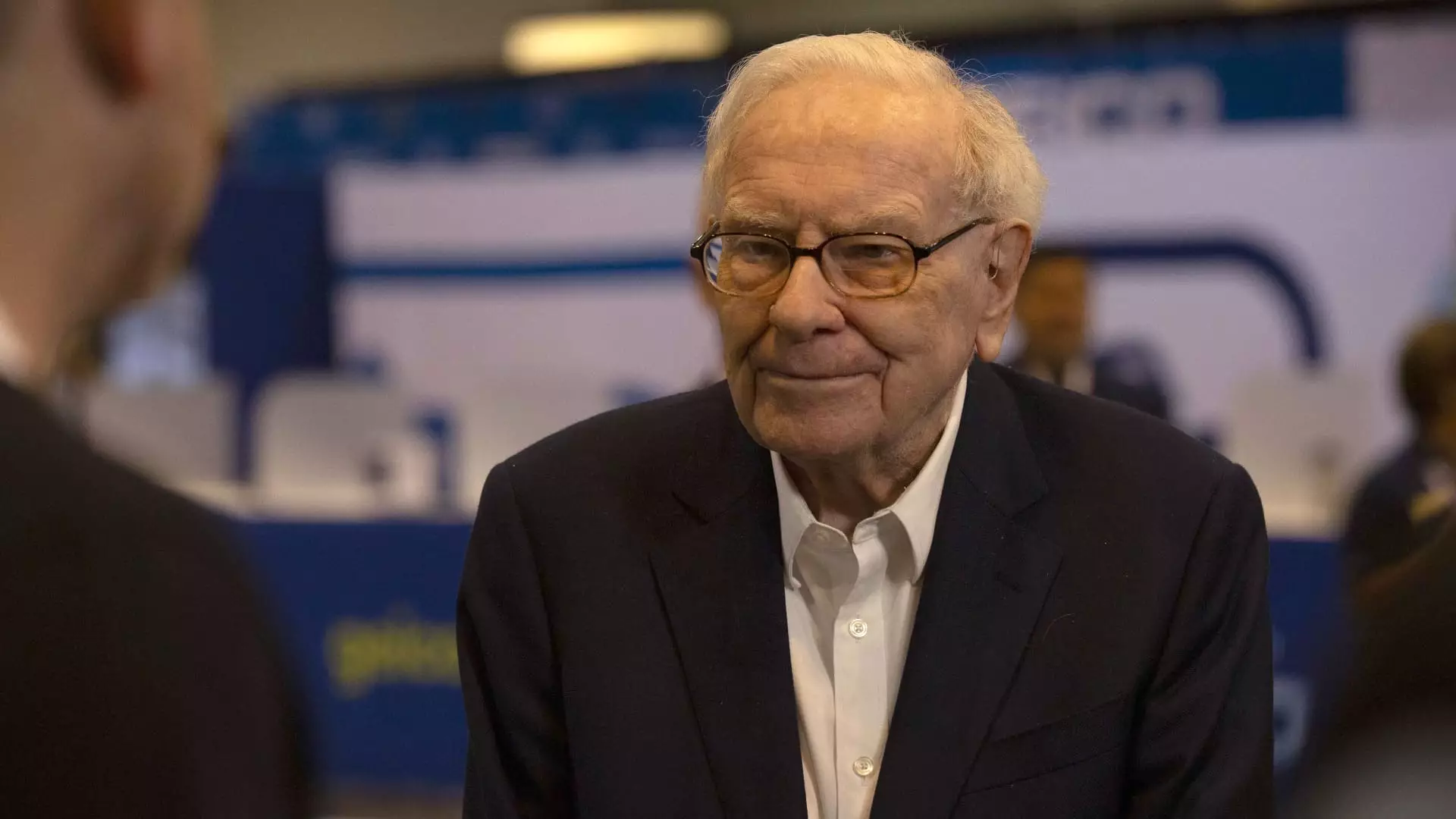Warren Buffett’s Berkshire Hathaway has made headlines once again with its decision to decrease its stake in Bank of America (BofA) below the significant threshold of 10%. As detailed in a recent filing with the U.S. Securities and Exchange Commission (SEC), the investment firm, led by the renowned ‘Oracle of Omaha’, sold over 9.5 million shares across three transactions conducted between Tuesday and Thursday. Following this divestment, Berkshire’s holdings now total approximately 775 million shares, representing 9.987% of the bank’s equity. Crossing below the 10% mark has strategic implications, as it exempts Berkshire from the burden of timely transaction reporting, highlighting a notable shift in Buffett’s investment strategy.
Under SEC regulations, shareholders holding more than 10% of a company must disclose their stock transactions within two business days. By reducing its stake below this limit, Berkshire Hathaway gains a layer of discretion regarding future transactions involving BofA’s shares. This change raises questions about Buffett’s future intentions and signals a potential pivot in his investment philosophy. Observers of Buffett’s investment moves will have to wait until the upcoming 13F filing in mid-November to gain insights into Berkshire’s equity holdings as of the end of September. In spite of this reduction, Berkshire remains the largest institutional investor in Bank of America, indicating a complex relationship that has evolved over time.
Despite Berkshire’s selling activities, Bank of America’s stock has shown resilience, inching up about 1% over the past month. This can be attributed to various factors, including the bank’s own stock repurchase initiatives aimed at maintaining investor confidence. BofA’s CEO Brian Moynihan has expressed optimism regarding the market’s ability to absorb these transactions, suggesting that the institution is well-positioned despite the recent downturns in investor trust in the banking sector.
Buffett’s history with Bank of America goes back to 2011, when he made a substantial investment of $5 billion in preferred stock and warrants to bolster the bank’s reputation during the fallout of the subprime mortgage crisis. This investment was pivotal in restoring stability within the institution, especially in a volatile economic climate. His conversion of warrants into common stock in 2017 made Berkshire the bank’s largest shareholder, embodying a long-term commitment that has recently come under scrutiny.
In recent times, Buffett’s perspective on the banking industry has grown increasingly cautious. His decision to divest from BofA aligns with his broader trend of selling off stakes in major banks, including JPMorgan, Goldman Sachs, and Wells Fargo. Notably, during last year’s banking sector turmoil, he voiced concerns regarding the long-term consequences of bank failures on depositor confidence. He expressed that the landscape of banking has fundamentally changed since 2008 and has prompted him to reassess his positions in financial institutions as digitalization and fintech innovations have made bank runs alarmingly easy during crises.
Buffett’s sell-off raises critical questions about the resiliency of traditional banking in a rapidly evolving financial environment. The strategies that once fortified his confidence in the sector now compel him to tread cautiously, reflecting a broader reassessment of the industry’s vulnerability amidst modern challenges.

